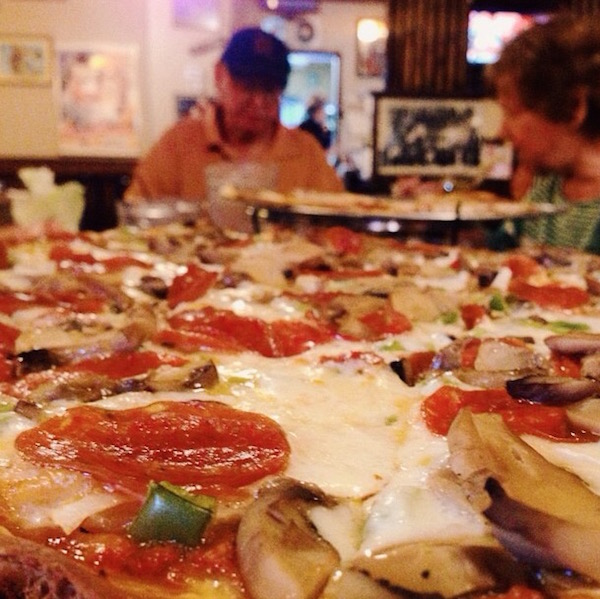Google researcher develops Im2Calorie, an AI that can count calories in food photos
posted Monday, June 8, 2015 at 8:22 AM EST

Taking photographs of your food has become cliche in the most infuriating way. After all, it’s easy to laugh and throw shade at want-to-be foodies, who take five photos of every meal they eat, in hopes to perfectly align their circular plate with the 1:1 crop ratio of Instagram’s photos.
But, for better or worse, all of this instant food photography might not all be in vain. At least not if Google has a say in the matter.
Google research scientist Kevin Murphy has shown off Im2Calories, a new project that uses deep learning algorithms to calculate how many calories are in a meal, from nothing more than an Instagram-sized image.
To do this, Im2Calories uses image-recognition, in addition to widely available caloric information, to understand what food it is you have on your plate and tell you the estimated sum of calories you’re about to ingest.

The deep learning aspect is an important one. Rather than relying on massive amounts of initial data to get the ball rolling on accurate results, Im2Calories can improve its accuracy through self-recognition of mistakes and minimal input by end-users for those times when it incorrectly guesses your fried okra as fried cheese curds.
Even if Im2Calories is never 100% accurate, its impact isn’t entirely diminished. In speaking to Popular Science, Im2Calories founder Kevin Murphy said:
“Ok fine, maybe we get the calories off by 20 percent. It doesn’t matter. We’re going to average over a week or a month or a year. And now we can start to potentially join information from multiple people and start to do population level statistics. I have colleagues in epidemiology and public health, and they really want this stuff.”
Google has filed patents for the technology, but details on when Im2Calories might go public aren’t yet available. What is known is both Murphy and Google want this technology to expand well beyond food. If any company is capable it, it’s Google, a company that built its $395 billion almost entirely on algorithms.
(via Popular Science)